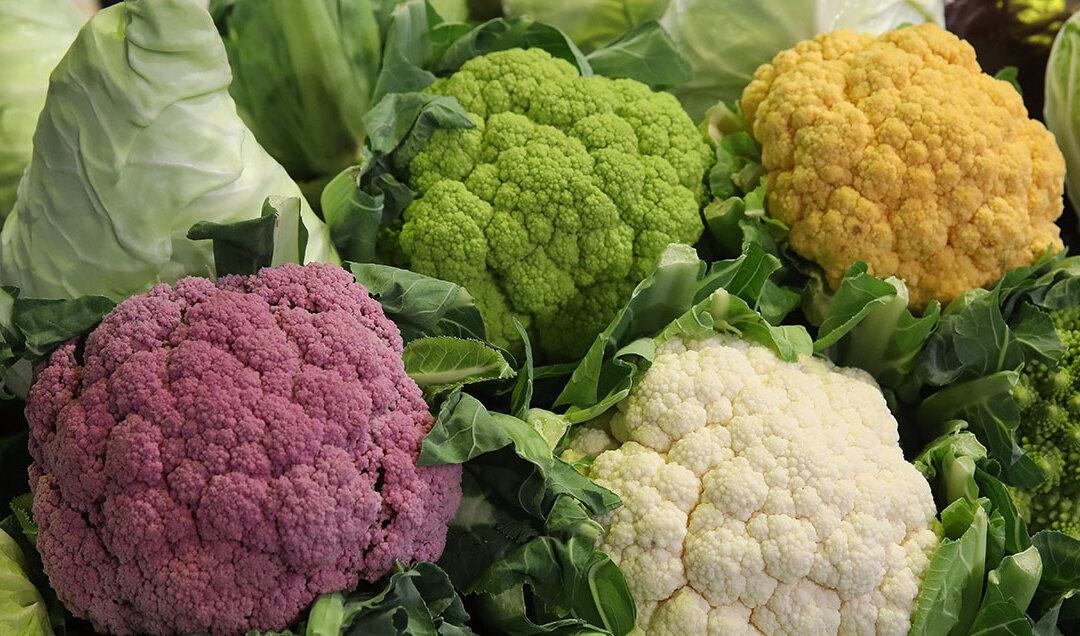Everyone knows that eating vegetables has profound health benefits. But, like all foods, not all vegetables are created the same. A few vegetables appear to be downright “miracle” foods.
One such group of veggies are those of the Brassica family; commonly known as cruciferous vegetables or simply cruciferae. These include broccoli, Brussels sprouts, cabbage, cauliflower, kale, radish, rutabaga, turnip, and even arugula.





